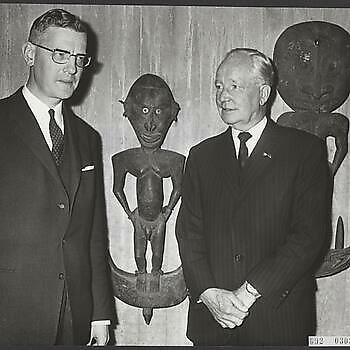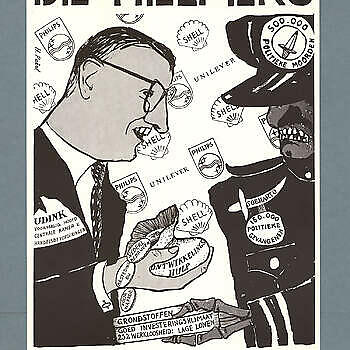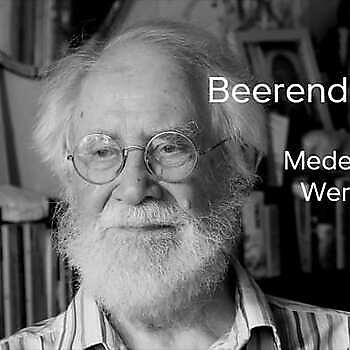In 1965, the Janssen working group was commissioned by then Minister Bot to conduct the first major evaluation of Dutch development cooperation (see attached report). This evaluation was completed in 1968 and presented to Minister Udink. The working group criticized the way Economic Affairs handled bilateral financial aid and especially the use of 'shopping lists,' which caused opposition. They also made critical comments on the allocation of a portion of Dutch aid funds. The amount of money for Indonesia and the effectiveness of the ‘Youth Volunteer Program’ were, for example, called into question. However, Minister Udink distanced himself from this Evaluation Report and almost fully disregarded the recommendations (see Coppens (2019), Chapter 4, p. 218-220).
Udink was very enthusiastic about the International Development Strategy 1970-1980 of the United Nations, which he promoted, and he made passionate pleas for it at various forums. In 1968, Udink presented a four-year plan for Dutch aid in which attention was paid to both bilateral and multilateral partnerships. In addition to a geographical focus, there was also a focus on functional and operational concentration of aid in areas where the Netherlands had expertise. However, little progress was made on these concentration plans, and the number of aid-receiving countries was not even reduced (see Coppens (2019), p.262-267).
The organizations that participated in Bot's co-financing program did not appreciate the four-year plan. They spoke of a "bombshell effect" because, according to them, insufficient consultation had taken place regarding the criteria that were suddenly imposed on them. As a compromise, the government would determine whether the projects met the general standards, but the organizations would determine the content.
As development cooperation grew, more and more ministers wanted to contribute their own ideas. Thus, the term development aid was changed to the more neutral ‘development cooperation’ at the proposal of Minister Klompé of Culture, Recreation, and Social Affairs. Aid was no longer seen as a privilege but as a right, and even a basic right, as advocated by the National Advisory Council (NAR) in 1968.
Not only did the involvement of organizations and politics grow, but the population also became increasingly involved in issues such as the distribution of wealth in the world. However, there was also much criticism of Udink's policy (see cartoon), which assigned a larger role to Dutch businesses; he even established a special Financing Company for Developing Countries (FMO), but it had yet to get off the ground at the end of his term (see Coppens (2019), Chapter 4, p. 327-330). As a result, municipalities increasingly wished to take their own initiatives in the field of development cooperation, but the government actively opposed this and tried to channel aid. National development forums, as advocated by the UN Strategy, were established in various countries. Prince Claus was appointed chairman of the National Development Strategy Commission 1970-1980.
Sources:
- wikipedia
- Paul Hoebink, Hoe de dominee de koopman versloeg: Nederlandse ontwikkelingssamenwerking gewogen (Internationale Spectator 2006)
- biografie Bé Udink
- Nederlandse ontwikkelingssamenwerking 1949-1989
- Coppens, H.A.J. (2019), "Ministers voor de schone schijn? De eerste vijf ministers voor Ontwikkelingssamenwerking van Nederland", Hoofdstuk 2 Voorgeschiedenis 1945-'65; Hoofdstuk 4 Periode Udink
- Internationaal centrum geopend: mensen worden opgeleid om in het buitenland te helpen (Polygoon journaal)- beeld en geluid
Rapport:


